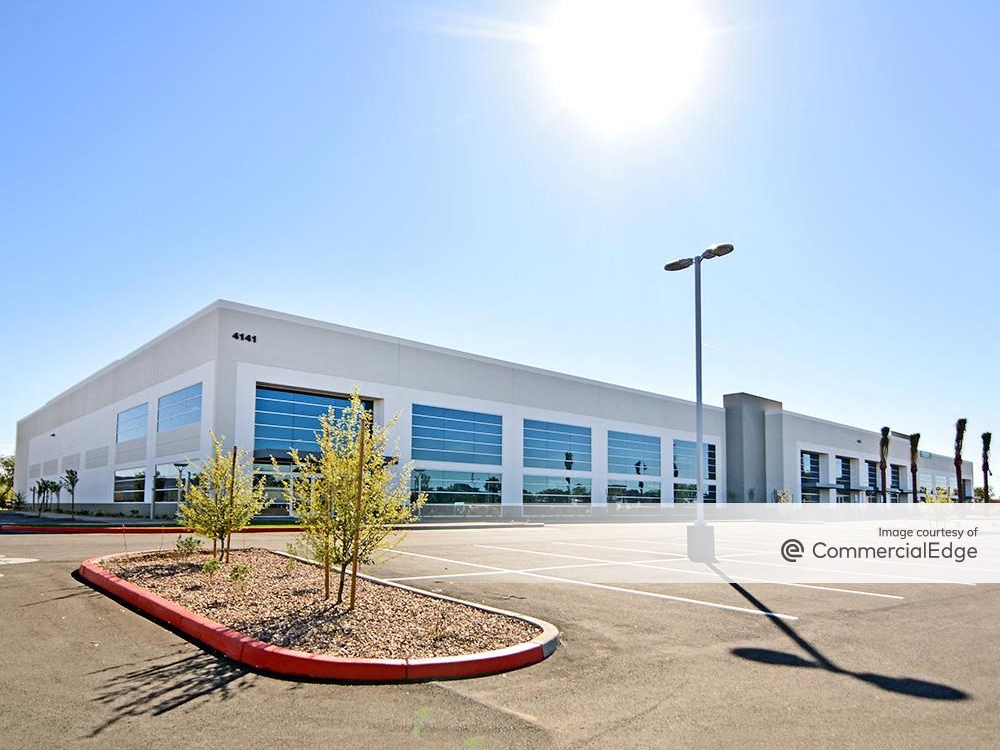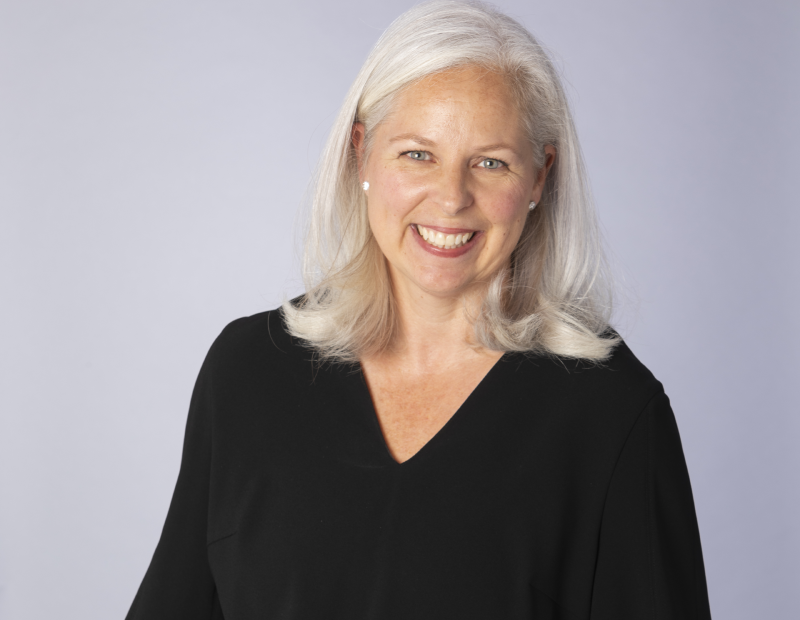Sterling Organization Closes $600M Retail Real Estate Fund
Grocery-anchored properties are among the intended targets.
Sterling Organization, of West Palm Beach, Fla., has reached the final close of its Sterling Value Add Partners IV LP.

The fund secured total capital commitments of $600 million, exceeding the $500 million target and hitting the fund’s hard cap.
SVAP IV is the fourth iteration of Sterling’s flagship retail real estate fund and will primarily target value-add grocery-anchored shopping centers, neighborhood centers and power centers.
It reportedly received capital commitments from a diverse investor base including public and private pension plans, endowments and foundations, fund of funds and family offices.
READ ALSO: As Grocers Grow Faster, Investor Interest Heats Up
According to a company statement, after enduring the challenging operational and capital markets conditions for brick-and-mortar retail from 2008 through 2021, the Sterling Organization looks forward at the U.S. shopping center business, expecting the recent operational tailwinds of the last couple of years to persist for at least the remainder of the decade.
Sterling did not reply to Commercial Property Executive’s request for additional information.
The company and its affiliates currently have assets under management in excess of $2 billion.
Healthy appetites
Last December, Sterling acquired from Regency Centers Braemar Village Center, a 111,635-square-foot grocery-anchored shopping center in Bristow, Va., for $31.4 million. The previous owner was Regency Centers, according to CommercialEdge information.
In October, Sterling purchased Marketplace at Buckhead (formerly known as Cherokee Plaza), a 102,864-square-foot grocery-anchored shopping center in Atlanta, formerly known as Cherokee Plaza.
Despite ongoing growth in grocery e-commerce, grocers are confidently expanding through both new stores and acquisitions, according to a February report from JLL. Aldi has been the most aggressive of the former, having opened more than 100 new stores nationwide in 2023.
Meanwhile, grocery chains are using “private-label brand products at lower price points” to counter persistent inflation in the sector.







You must be logged in to post a comment.